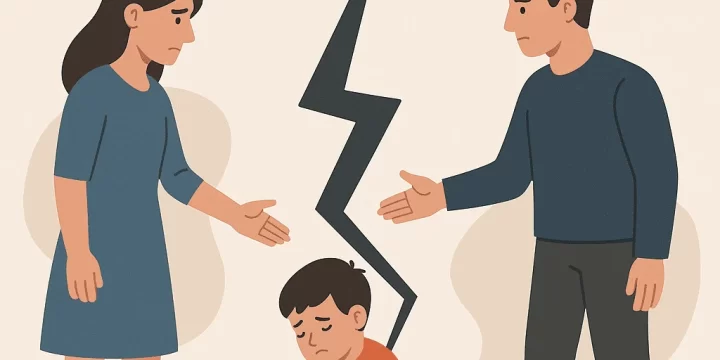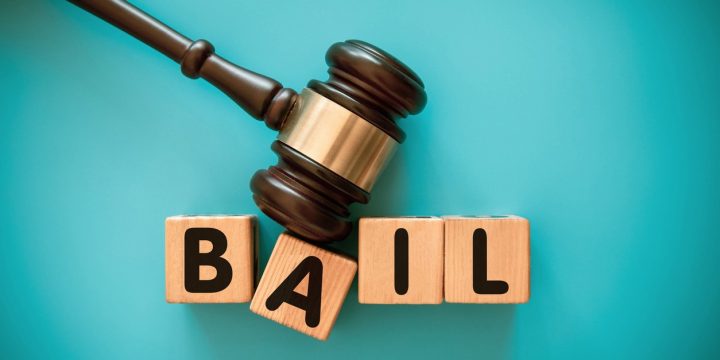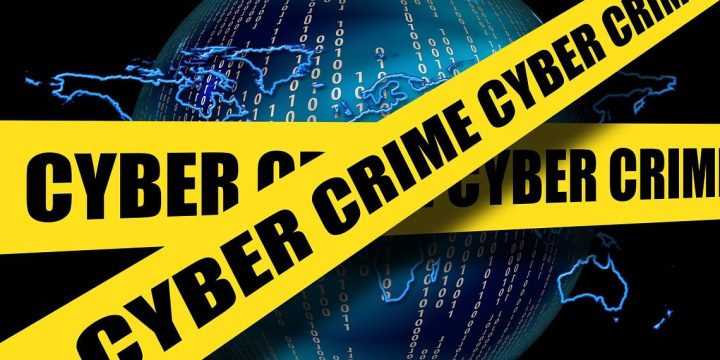
Child Custody: Safeguarding the Best Interests of the Child
Child custody is one of the most sensitive aspects of family law. When parents separate or divorce, the well-being of the child becomes the foremost concern. The law aims to ensure that custody decisions are made in the best interests of the child, focusing on their emotional, physical, and psychological development. Understanding Child Custody Child custody generally covers two aspects: Legal Custody – The right to make important decisions about the child’s upbringing, education, healthcare, and welfare. Physical Custody – Where the child lives and how their daily needs are met. Courts may grant custody to one parent (sole custody) or both parents (joint custody) depending on circumstances. Factors Considered by Courts Age, health, and needs of the child Emotional bonding with each parent Financial stability and capability of parents…








